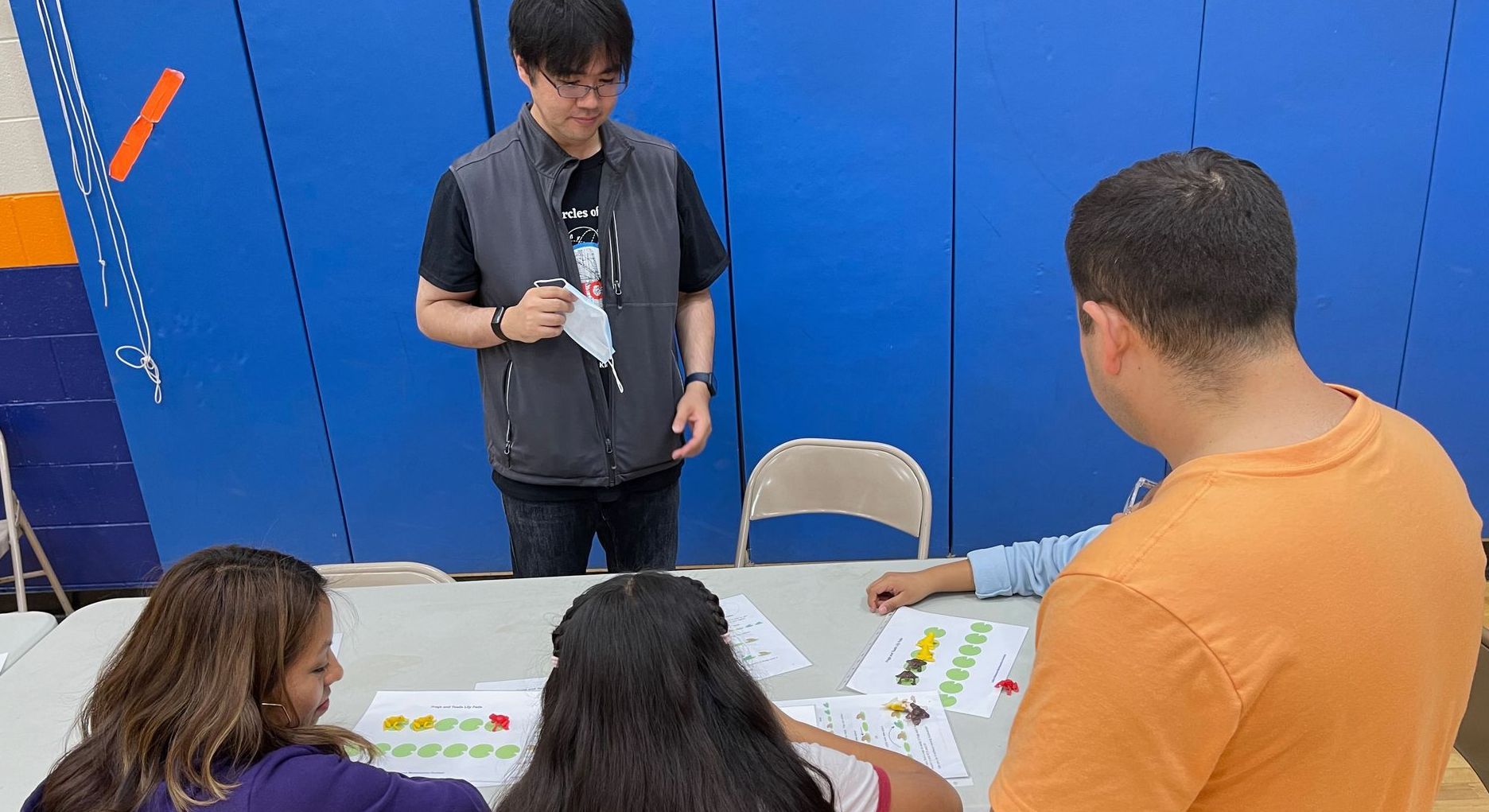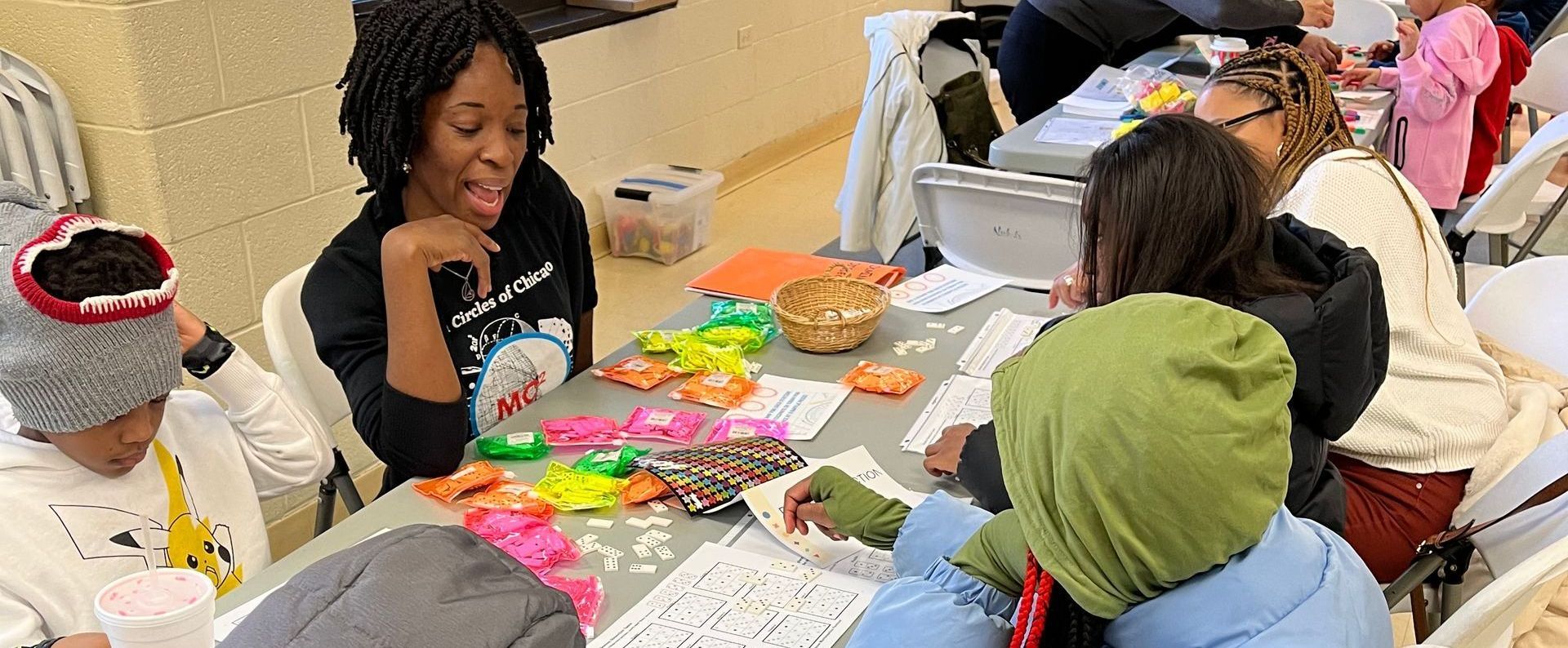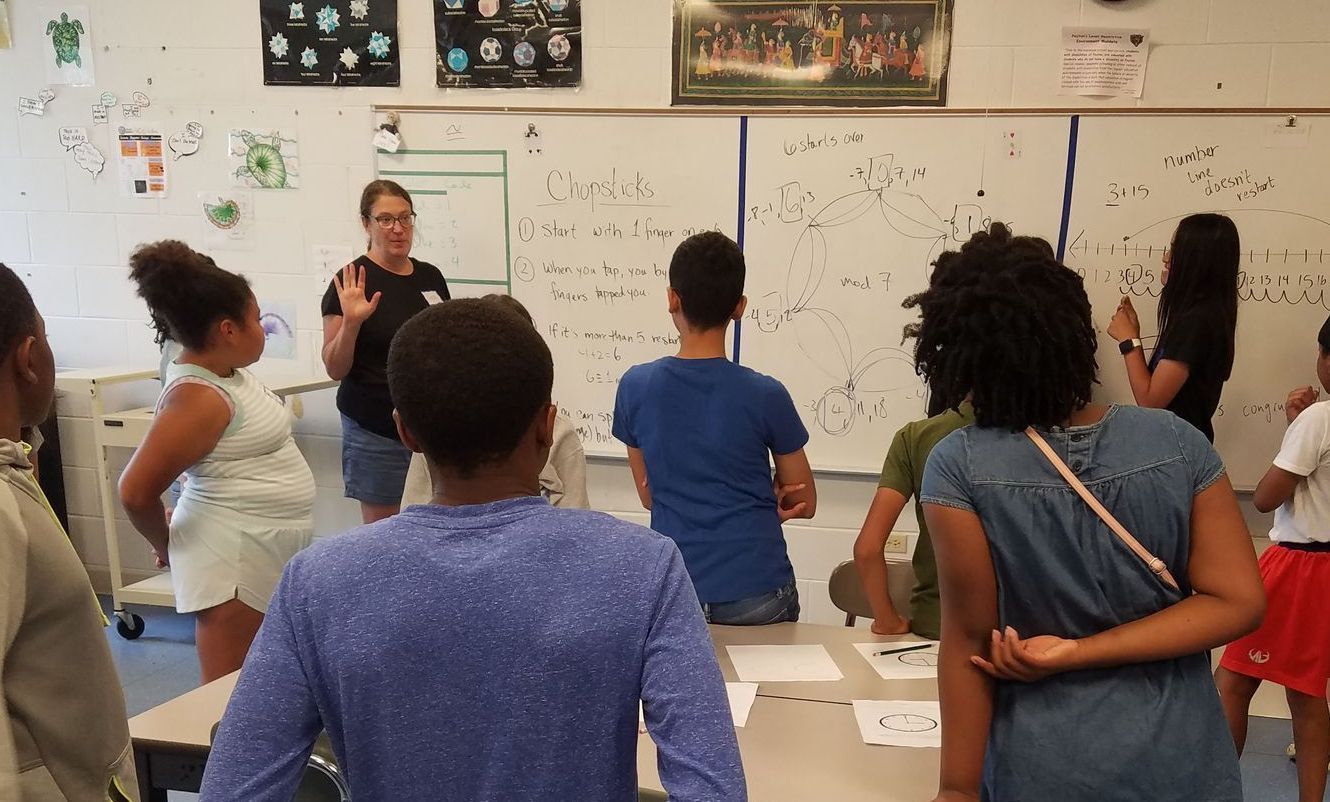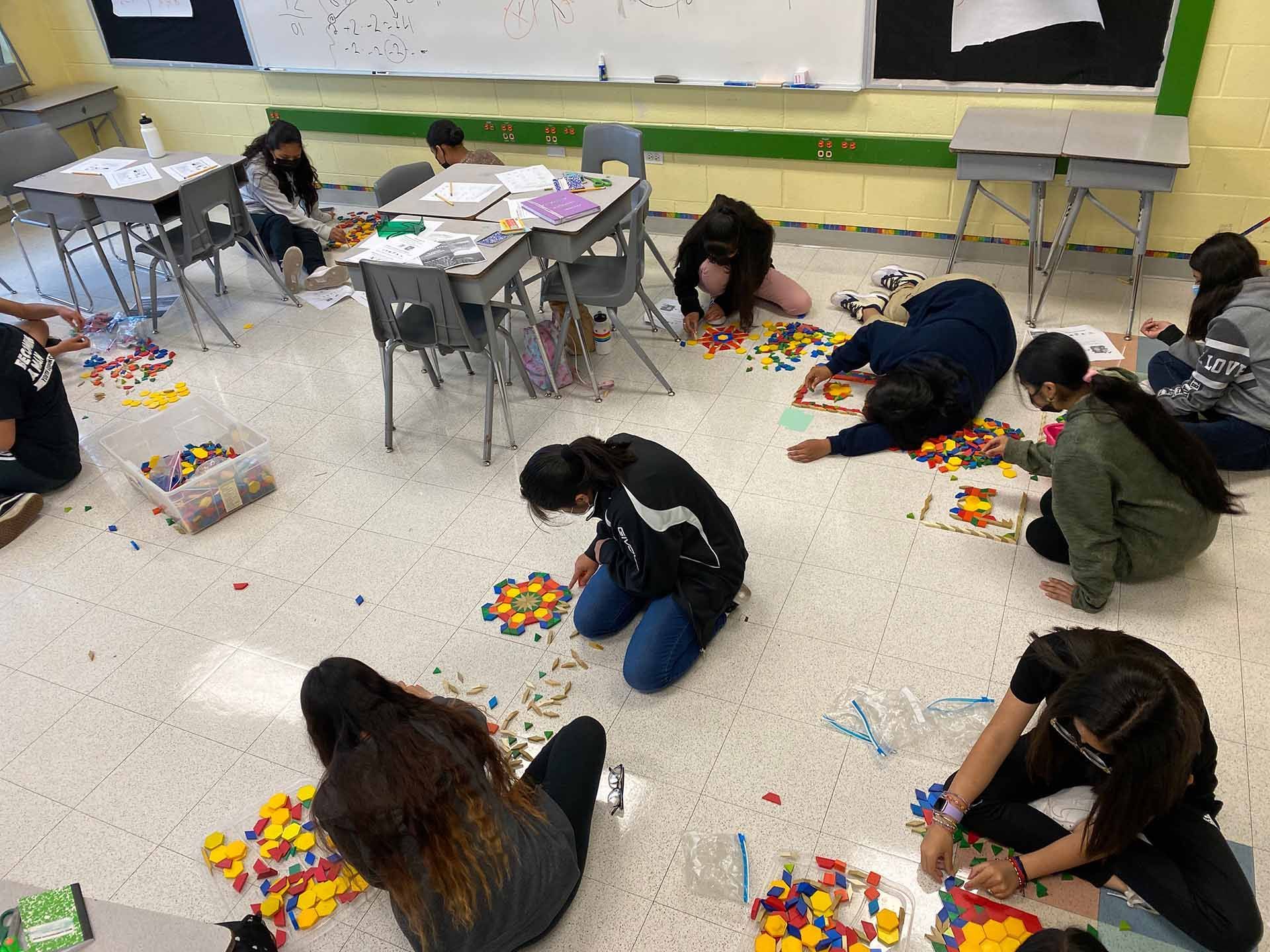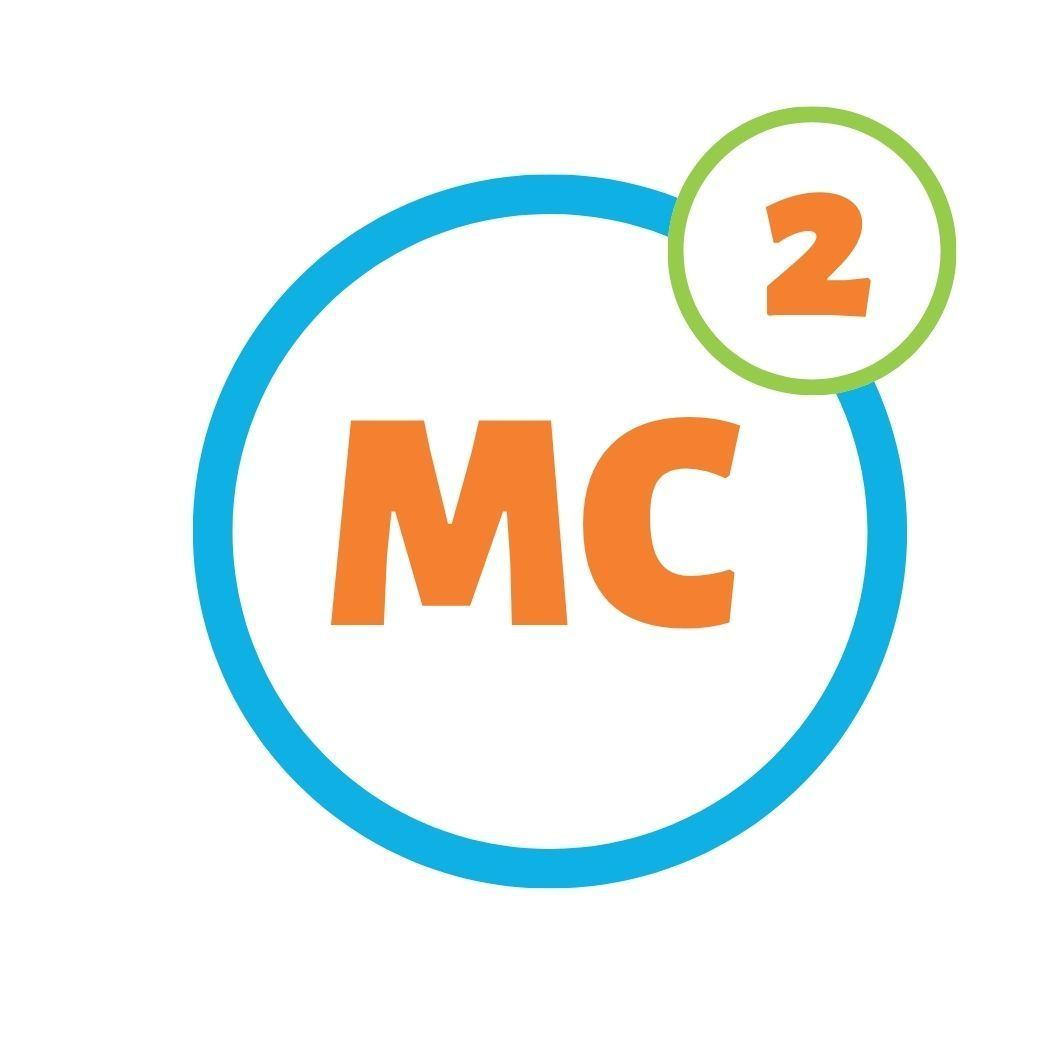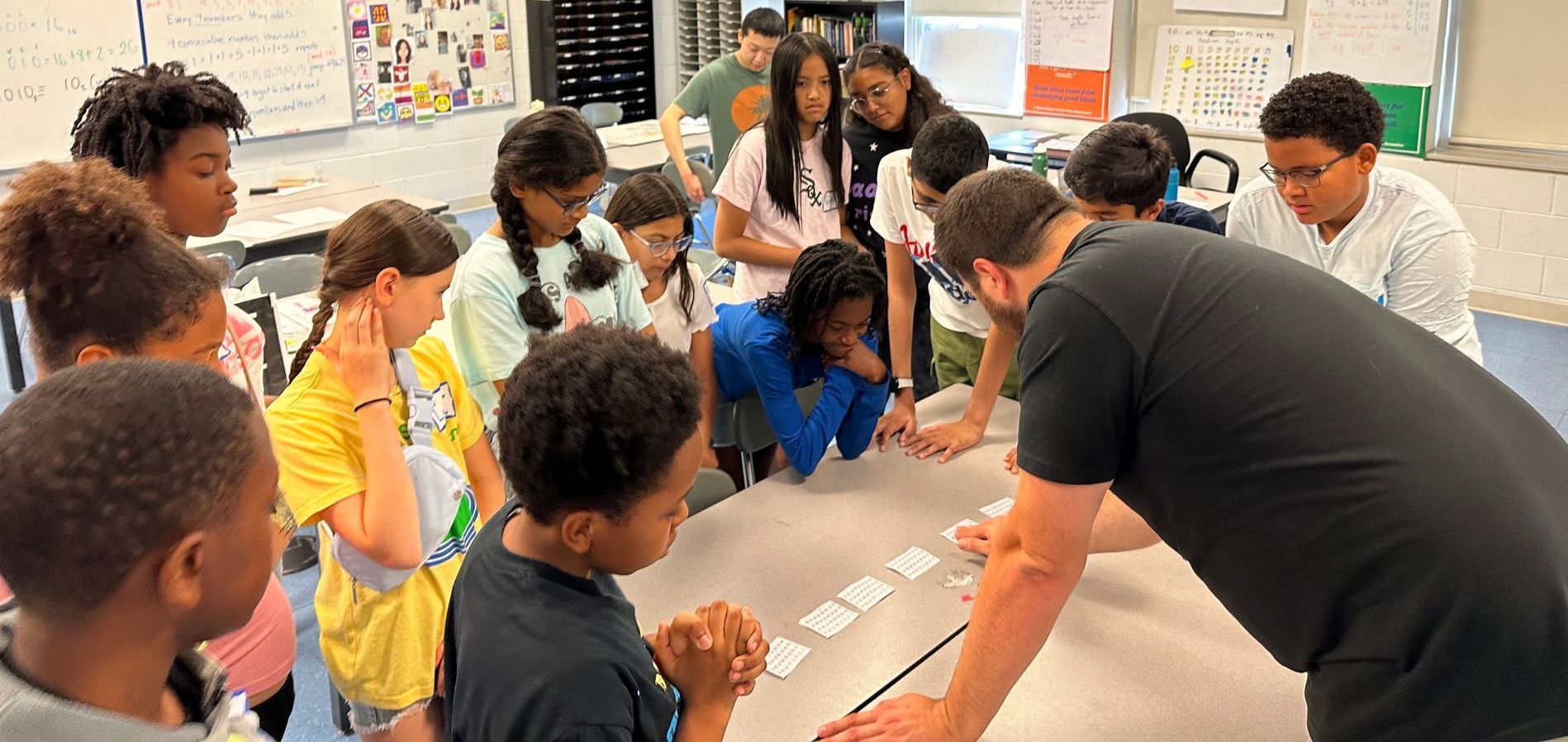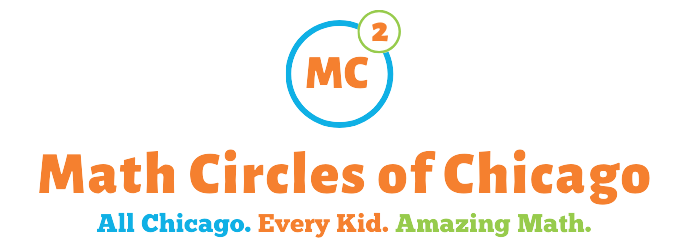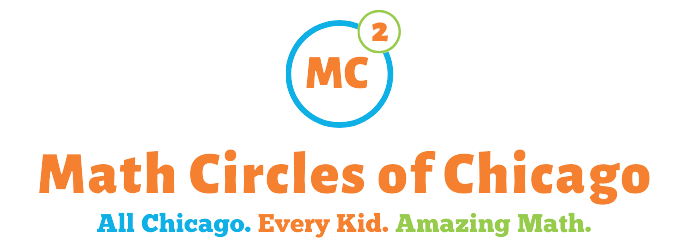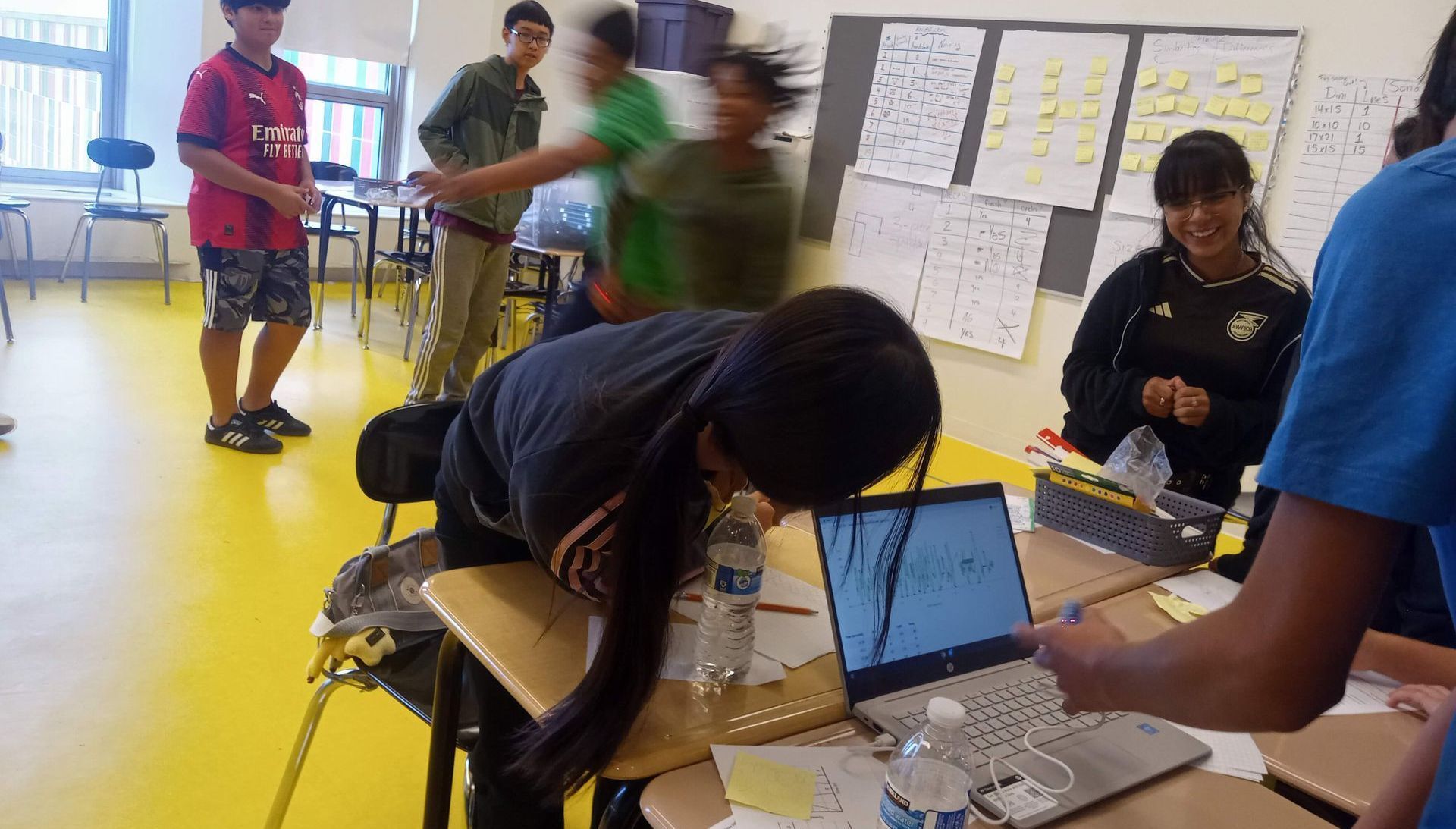MC2 teachers across the city write each other all of the time to make suggestions and improve our plans.
After teaching last week at Lane Tech, Peter Smith reflected, “I had initially thought that the students would struggle with this problem, since I know I did when I first encountered it. However, about a third of the class instantly knew the punchline.” His question: What should we do when this happens?
This is a question for both teachers and students. I was reminded of Hermione Granger in Harry Potter. Hermione always knew the answers, and her response to this situation was inevitably the same: she raised her hand as quickly as possible, waved that hand aggressively, and immediately blurted out the answer.
I’d like the Hermiones out there to know there are other options.
- Help others. This can be the 2nd worst option after blurting out. It all depends on the help you offer. Students (and teachers) often ask leading questions. My standard bad example is, “Could you use the Pythagorean Theorem?”
- Ask others non-leading questions. The best questions in a math class are those that transfer to many other questions. Here’s a better question: “Do you know any related theorems?” Other questions to try: “What’s the unknown?” “Can you make a table?” “Can you make a simpler problem?” The beauty of transferable questions is that you are teaching someone a habit of mind–questions they can always ask themselves whenever they get stuck.
- Wait. Give everyone else time to think. Works for students and teachers alike.
- Try to solve the problem in a new way. You might already know the answer because someone showed you how to do it before. Can you come up with your own method?
- Create your own problem. Generalize. Take a 2 dimensional problem and make it 3 dimensional. Change the rules of the game. A great way to pass the time as you give others time to think for themselves.
We can all out perform Hermione in the classroom if we can learn to assert less, ask more, and create our own challenges. And, most importantly, we’ll be better students and teachers if we concern ourselves with everyone’s learning, rather than only our own!
